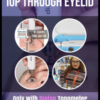The Diaton tonometer is a device used to measure the pressure inside the eye (intraocular pressure). It is a type of tonometer that uses a small probe to measure the pressure through the eyelid overlaying the sclera (not overlaying or touching the cornea), without the need for numbing drops or anesthetic.
The Diaton tonometer is portable and can be used in a variety of settings, including doctors’ offices, hospitals, and nursing homes. It is often used to screen for glaucoma, a condition in which increased pressure inside the eye can damage the optic nerve and cause vision loss. The Diaton tonometer is considered to be a quick, painless, and accurate way to measure intraocular pressure without need to adjust with pachymetry.
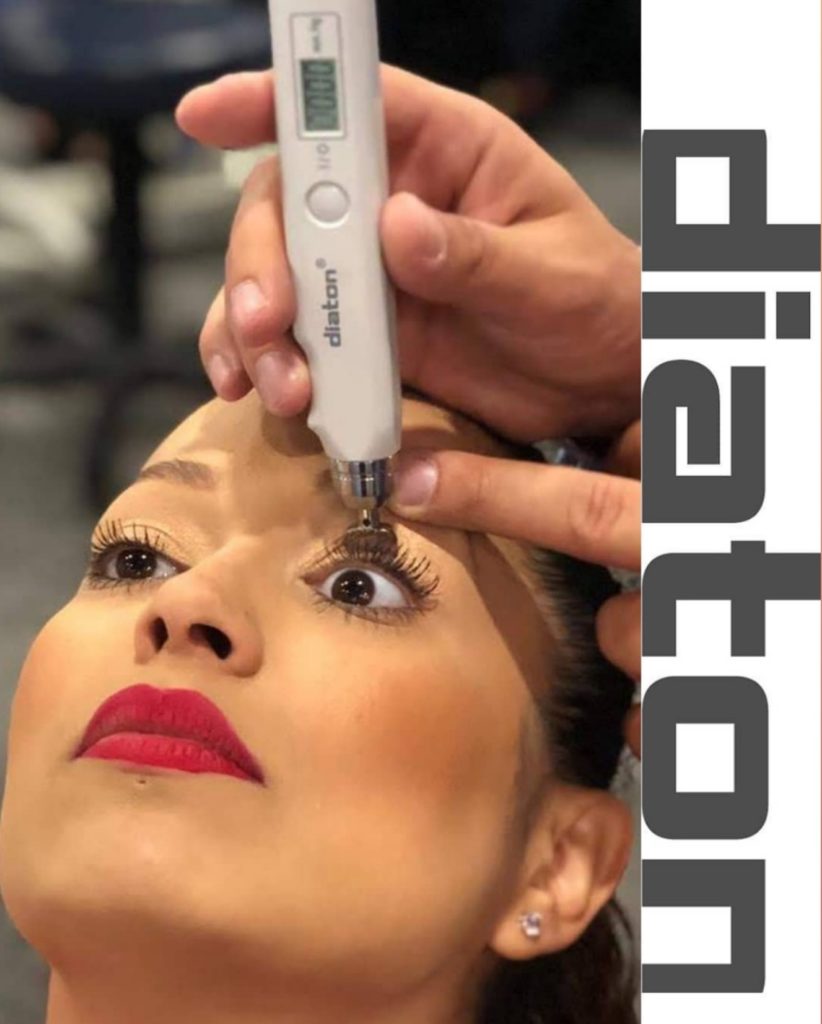
Diaton Tonometer is Accurate
Since Diaton Tonometer measures through the upper eyelid and sclera (not via cornea), the corneal biometrics and biomechanical paraments do not affect intraocular pressure (IOP) results obtained with Diaton Tonometer.
Factors that affect corneal tonometers, but not the Diaton tonometer are central corneal thickness (CCT), crookedness, corneal hysteresis, corneal curvature, keratoconus, artificial cornea (Boston KPro Type 1), corneal scars, eyes post LASIK and other corneal abnormalities.
The innovation in Diaton transpalpebral transcleral approach to tonometry enables to avoid the cornea as a factor and is able to obtain more accurate results vs its corneal peers of the past.
Diaton Tonometer Clinical Comparison Trials
There are many Diaton tonometer clinical studies conducted by numerous physicians at world renown universities, including Harvard / Mass Eye and Ear (MEEI), University of Chicago, Ophthalmology Department and others that studied the benefits and advantages of translpapebral scleral Diaton tonometery. Studies compared Diaton tonometer IOP results and Goldmann tonometer, Tonopen, Airpuff, ORA, Icare, Accupen and other tonometers in United States and internationally.
The results showed high correlation of IOP results in normal eyes and more importantly Diaton showed even more accurate results in abnormal corneas where Diaton tonometer IOP results were not affected by corneal abnormalities vs corneal devices which were influenced by abnormal corneas and required either pachymetry or other adjustments.
Reference to Diaton tonometer clinical comparison trials: https://tonometerdiaton.com/diaton-tonometer-comparison-trials/
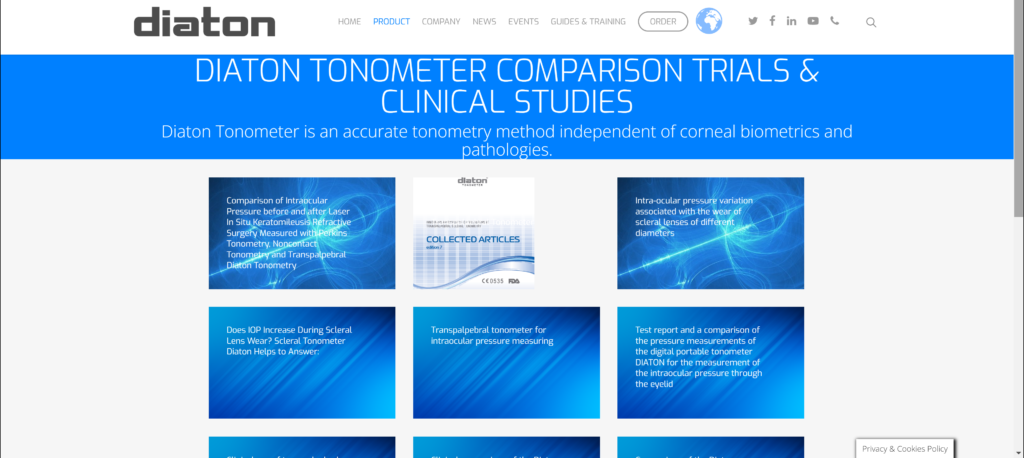
Diaton Tonometer has opened new possibilities
Diaton Tonometer has opened new possibilities to measure intraocular pressure where no other tonometer could. Such cased include Diaton tonometer measuring accurate IOP in eyes with Boston KPro Type 1, and IOP measurements with Scleral Lenses ON the eye, where clinical studies showed that IOP elevates when scleral lenses are on. With corneal tonometer one needs to take the lens out to be able to measure IOP. Now, with the unique ability of Diaton tonometer one can measure IOP with the lenses on the eye, above the edge of the lens.
A recent clinical study evaluated if Scleral Lenses affect IOP – the results showed that IOP may elevate as much as 5-10 mmHg after 8 hour wear. Ref: https://www.clspectrum.com/issues/2019/september-2019/contact-lens-case-reports
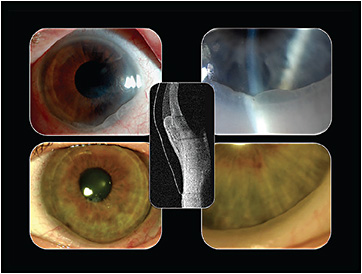
can occur beneath their scleral lenses.
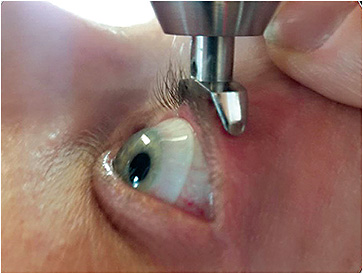
during scleral lens wear.
How Diaton Tonometry is Done?
To learn more about Transpalpebral Scleral Tonometry with Diaton tonometer visit: https://tonometerdiaton.com/


